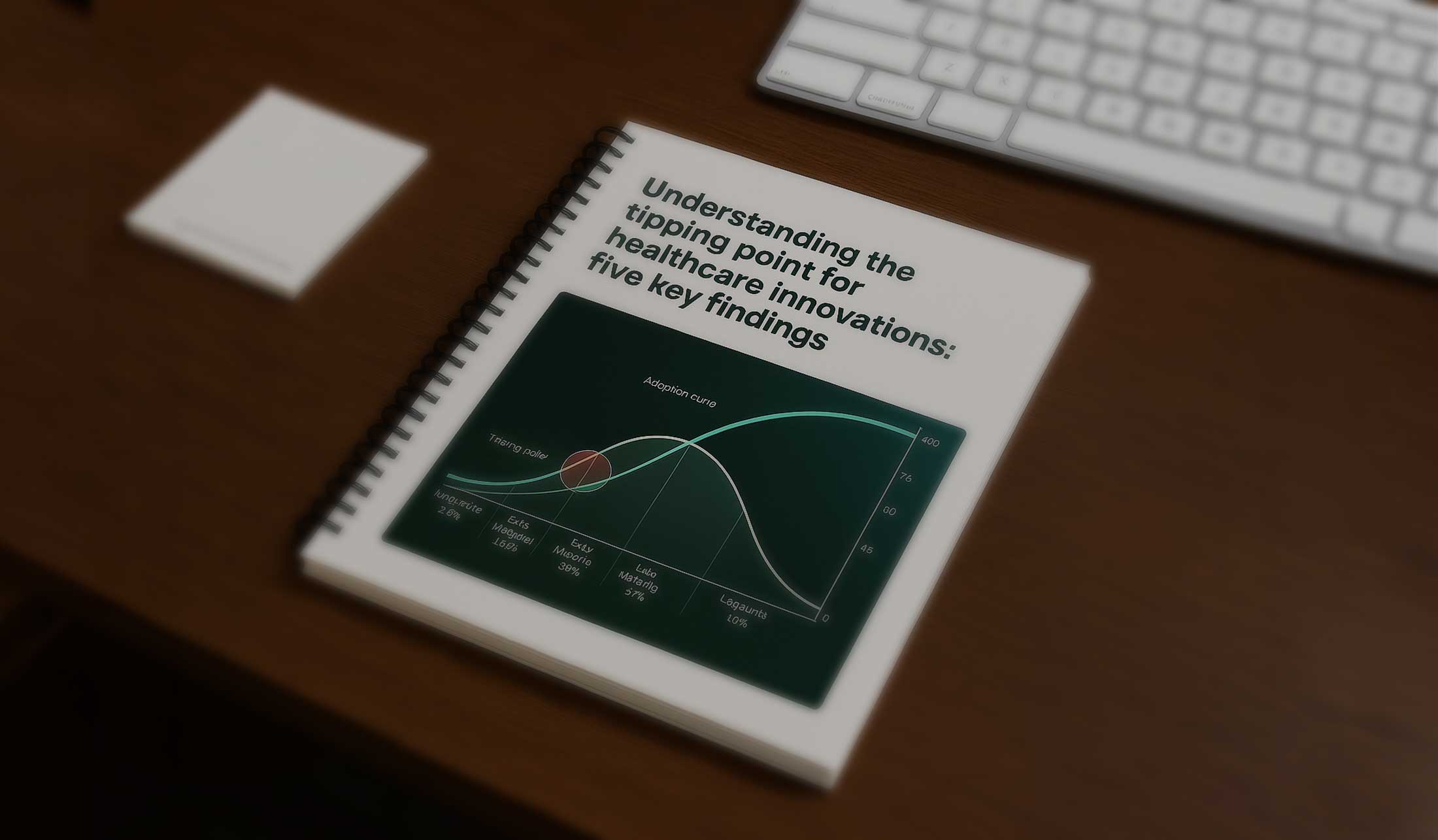When Offense Feels Personal: What My Research Uncovered About Controversial Advertising
For the first 8 years of working with private equity-backed companies and multi-location healthcare groups, I also taught night classes at the University of Central Florida. My M.A. thesis in Mass Communication explored how people react to controversial advertising and why they often believe others are more influenced or offended than they are themselves.
That research eventually became a published paper, which I co-authored with the chair of my thesis committee. It appeared in the American Behavioral Scientist, and focused on what’s known as the third-person effect, a theory suggesting that people tend to believe media messages affect others more than they affect themselves.
Here’s what we explored:
- Do people feel more offended by controversial ads than they admit?
- Do they believe others are more affected by these ads than they are?
- How does this affect marketing strategy for products in controversial categories?
We surveyed a population about their reactions to advertising from categories including alcohol, tobacco, political messages, and racial extremist groups.
Key findings from the study:
- A third-person effect was present in nearly every controversial product category, meaning participants believed others were more offended than they were personally.
- The one exception? Racial extremist group ads, where people reported higher personal offense—a first-person effect.
- The data also revealed that past studies might have masked third-person effects by not differentiating between perceived personal offense and projected offense toward others.
While this work came from an earlier chapter in my career, the implications are still relevant, especially for marketers working with sensitive content, regulated products, or messaging that walks a fine line.
The full paper is available here.



